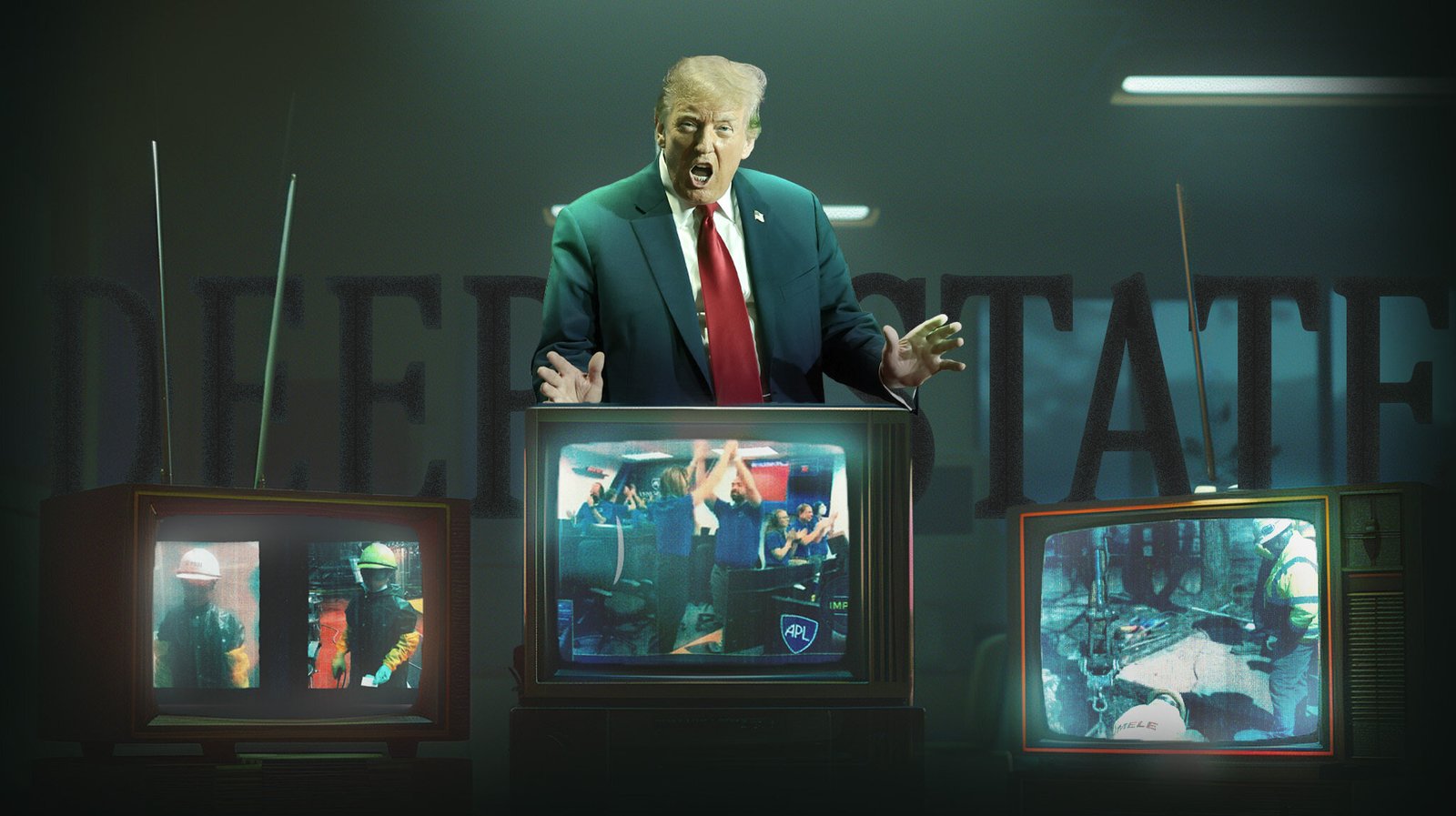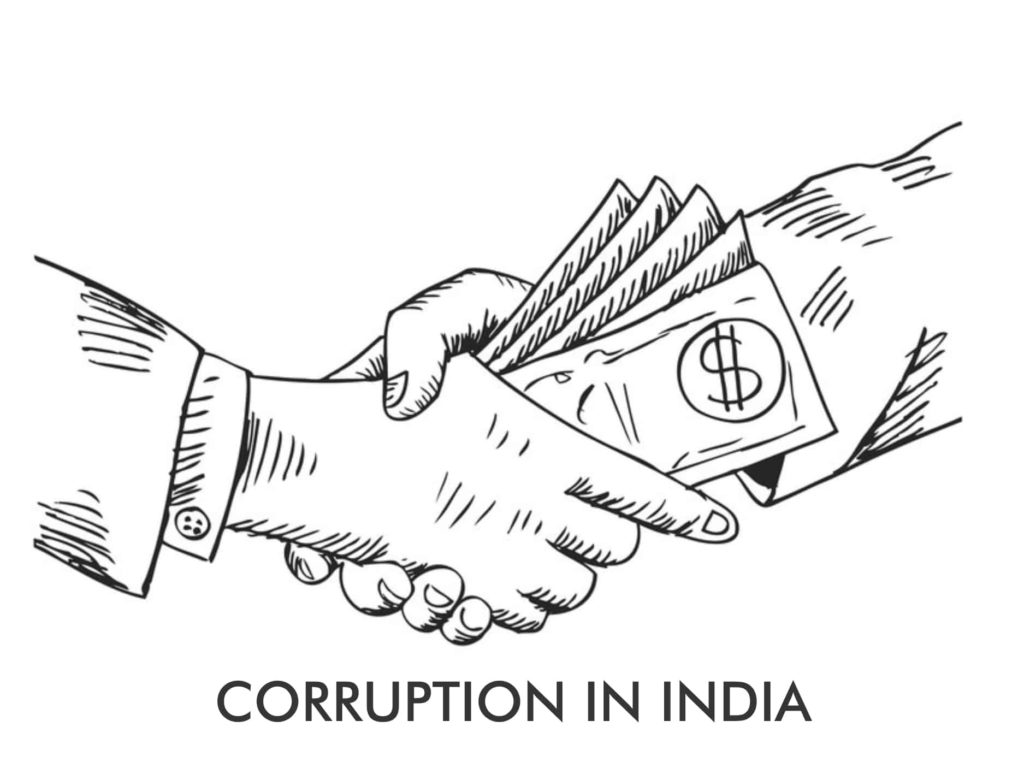The term “deep state” refers to a network of influential members within government, military, intelligence agencies, or other institutions that operates independently of elected officials. The concept suggests that these actors wield significant power behind the scenes, shaping policy, influencing decisions, or maintaining continuity regardless of changes in political leadership.
Understanding the Deep State
The deep state is not an officially recognized organization; rather, it is often described as a shadow government. Members of the deep state are typically entrenched bureaucrats, military officials, intelligence operatives, or influential elites who possess insider knowledge and control over critical infrastructure, resources, and information.
The idea is rooted in the belief that formal government structures may be influenced or guided by non-elected actors to maintain stability, protect national interests, or advance personal agendas. While some view it as a conspiratorial notion, others see it as a natural outcome of bureaucratic systems where career officials hold institutional memory and expertise.
How the Deep State Works
The deep state is said to operate through informal networks, leverage, and bureaucratic mechanisms rather than public authority. Common ways it may influence governance include:
- Policy Shaping: Influencing legislation or executive decisions behind the scenes.
- Information Control: Controlling the flow of information to the public or within government.
- Strategic Continuity: Ensuring long-term strategies and national security policies remain consistent across administrations.
- Institutional Influence: Using positions within key agencies to guide decisions, appointments, or enforcement priorities.
These actions are often subtle and difficult to detect, contributing to the perception of a hidden layer of power operating beyond democratic oversight.
Debates and Controversy
The concept of the deep state is controversial. Critics argue that claims of its existence are often politically motivated or exaggerated, while supporters believe it explains why governments sometimes act contrary to public expectations. Scholars note that most bureaucratic influence is a combination of expertise, institutional inertia, and vested interests, rather than a coordinated conspiracy
The deep state represents the idea of invisible forces within government and institutions that influence decisions and policies. Whether seen as a conspiracy or as the natural power of entrenched bureaucracies, understanding the concept sheds light on the complexities of governance, institutional influence, and political power in modern societies.
![]()





